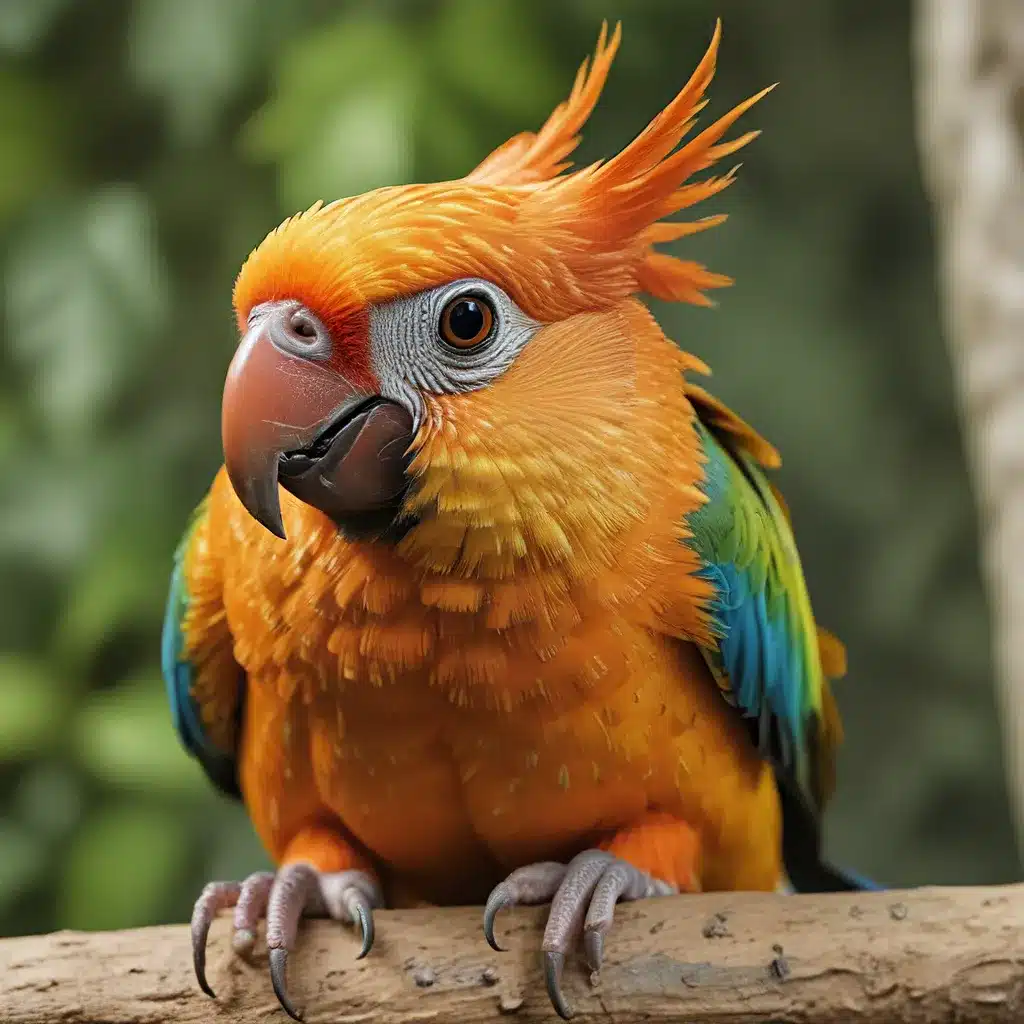
The Tail-Wagging Twist in Your Estate Plan
As a pet parent, you’ve poured your heart and soul into caring for your exotic companions. But have you ever stopped to think about what would happen to them if the unexpected occurred? Well, buckle up, because we’re about to dive into the wild world of pet estate planning.
You see, while your exotic pets may be the center of your universe, they’re often overlooked when it comes to traditional estate planning. But fear not, my furry-loving friends, because with a little forethought and some creative maneuvering, you can ensure your beloved companions are taken care of, even after you’re gone.
Navigating the Legal Labyrinth
Let’s start with the basics. When it comes to estate planning, the focus is usually on transferring property and minimizing taxes. But as it turns out, your pets are considered legal property too. That’s right, your scaly, feathery, or furry friends are just as much a part of your estate as your prized car or that vintage comic book collection.
Now, I know what you’re thinking: “But my pets are family, not property!” And you’re absolutely right. But the law doesn’t always see it that way. So, if you want to make sure your exotic pets have a smooth transition to a new caretaker, you’ll need to get a little creative with your estate planning.
Putting Pen to Paper: Crafting a Pet Trust
One of the most effective ways to ensure your pets are cared for is by creating a pet trust. Now, I can already hear the gears turning in your head, “A pet trust? Isn’t that a bit… over the top?” Well, my furry friends, let me tell you, a pet trust can be a game-changer.
According to the experts at Strohmeyer Law, a pet trust is a legal arrangement that obligates the trustee to use the trust’s assets to care for your pets. This means your designated caretaker will be legally bound to provide for your pets’ needs, from food and grooming to medical expenses and beyond.
Now, I know what you’re thinking, “But won’t that be expensive?” Well, you’re not wrong. Setting up a pet trust does come with a few extra costs, like drafting the agreement and funding the trust. But trust me, the peace of mind it provides is priceless.
Preparing for the Unexpected
But it’s not just about what happens when you’re gone – you also need to plan for the unexpected. What if you’re suddenly incapacitated and can’t care for your pets? Well, that’s where your durable power of attorney comes into play.
According to Strohmeyer Law, you’ll want to make sure your power of attorney includes provisions for dealing with your pets. That way, your designated agent can step in and ensure your furry (or scaly) friends are taken care of, even if you can’t do it yourself.
The Caretaker Connection
Of course, a trust or power of attorney is only as good as the people you have lined up to take care of your pets. That’s why it’s crucial to have some serious heart-to-heart conversations with potential caretakers.
Identify the perfect pet guardian:
– Start by making a list of the people in your life who are willing and able to take on the responsibility of caring for your exotic companions.
– Engage in casual conversations to gauge their interest and commitment level. After all, you want someone who will love your pets as much as you do.
– Consider having a few backup options, just in case your first choice is unable to fulfill the role.
Provide a comprehensive care guide:
– Create a detailed handbook outlining your pets’ needs, from feeding schedules and dietary requirements to medical history and favorite playtime activities.
– This will help ensure a seamless transition, as your pet’s new caretaker will have all the information they need to hit the ground running.
Digitizing Your Pet’s Health Records
In the digital age, managing your pet’s health records has never been easier. By leveraging online systems and electronic health records, you can ensure your pet’s medical history is always at your fingertips.
According to Summit Animal Hospital, these electronic tools make it a breeze to store, retrieve, and share your pet’s information with their new caretaker. Plus, you can rest easy knowing that your pet’s sensitive data is secure and protected.
Protecting Your Pets’ Unique Assets
But what about those truly one-of-a-kind assets, like your herd of exotic horses or your prized collection of rare bird feathers? Well, my friends, the experts at Wells Fargo have some sage advice.
First and foremost, you’ll want to explore any potential risks associated with these unique assets and work with your estate planning attorney to create a detailed plan to mitigate them. After all, you don’t want your beloved pets’ legacy to be tarnished by a messy legal battle.
And don’t forget about those digital assets, like social media accounts or online content that could be generating revenue. Work with an intellectual property attorney to ensure these are properly protected and preserved for your pets’ future caretakers.
Leaving a Lasting Legacy
As the curtain falls on our journey through the wild world of exotic pet estate planning, I can’t help but feel a sense of pride. You see, by taking the time to thoughtfully plan for your pets’ futures, you’re not just ensuring their wellbeing – you’re also leaving a lasting legacy.
So, what are you waiting for? Head on over to Golden Exotic Pets and start crafting your pet’s estate plan. Your furry (or scaly) friends will thank you, and you can rest easy knowing they’ll be taken care of, no matter what the future holds.

